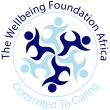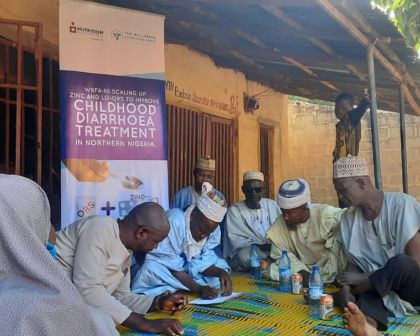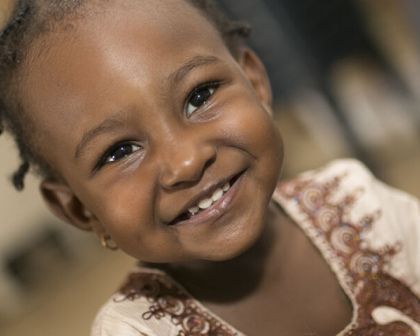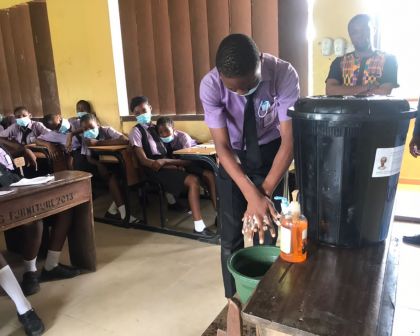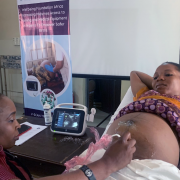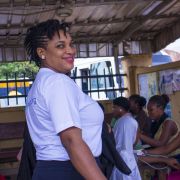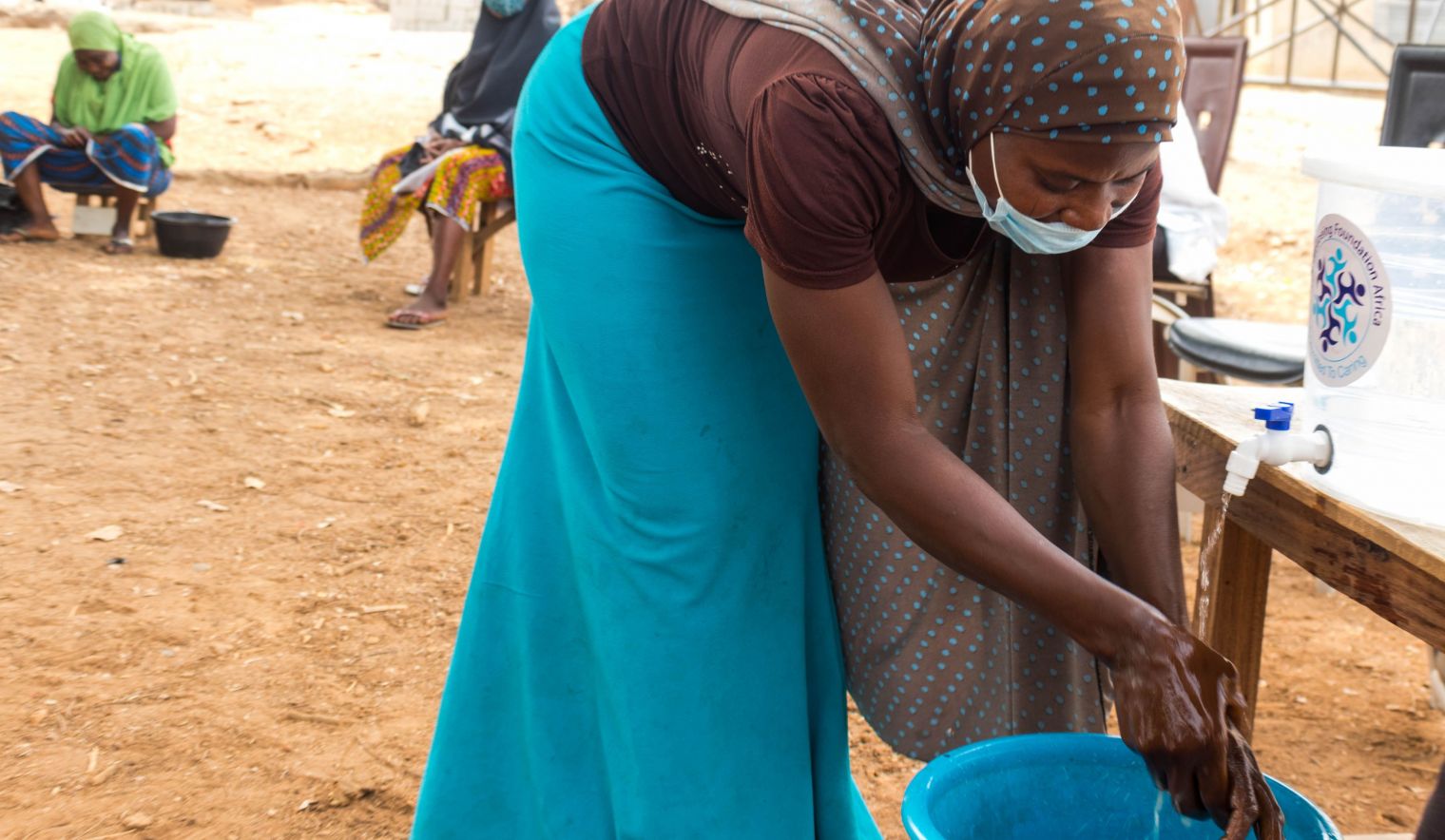
Wellbeing Foundation Africa launches partnerships with women and youth groups to strengthen support for interventions at community level
On Tuesday February 2, 2021, the Wellbeing Foundation Africa (WBFA) launched the Wellbeing Foundation Africa Wash for Wellbeing Clean Nigeria Women and Youth Community Leaders and Champions Initiative. The initiative is designed to build the leadership of women and youths at the community level to be decisionmakers and owners of interventions aimed at improving their wellbeing.
Globally, women, children and adolescents have remained the survivors of weak policies and neglect by the state. Every once in a while, political figures looking to gain media traction, take pictures and smile with these groups of people, forgetting them when the pictures finish serving their purposes. To address the global challenges women, adolescents and children face, the Sustainable Development Goals (SGDs) were developed and lunched as the blueprint to achieve a better and more sustainable future for all. The goals address the global challenges we face, including poverty, inequality, climate change, environmental degradation, peace and justice.
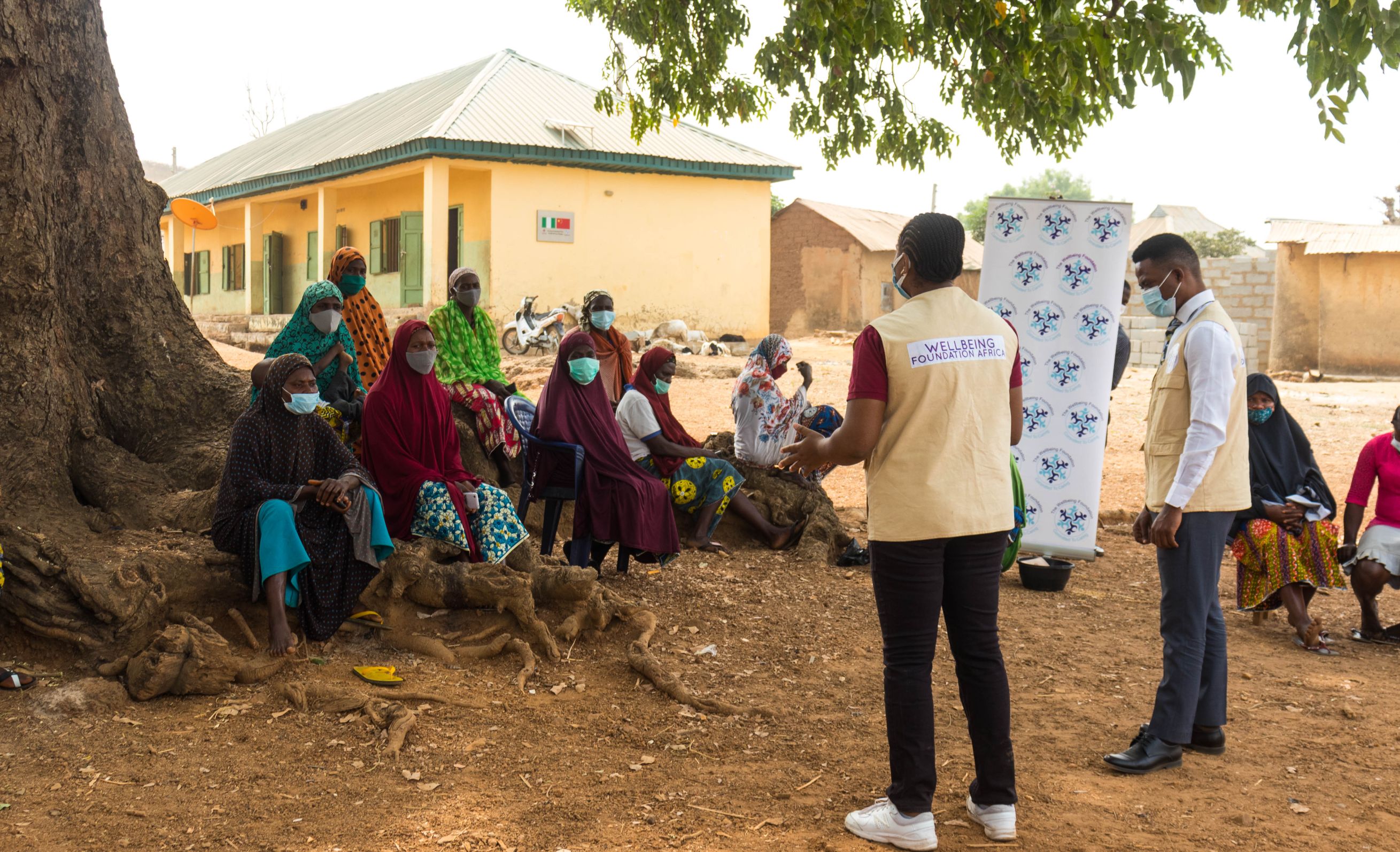
The WBFA as a strategic partner to the UN EWEC global movement and special consultative partner of the UN, is committed to 8 (1 (No Poverty), 2 (Zero Hunger), 3 (Good Health and Well-being), 4 (Good Quality Education), 5 (Gender Equality), 6 (Clean Water and Sanitation), 10 (Reduced Inequality) and 17 (Partnerships to Achieve the Goal) of the 17 SDGs. Part of our commitments as stated in the Concordia Annual Summit in which WBFA was a Programming Partner, is to build bridges between donor agencies and the communities which need their support the most.
At the summit on the back of the 75th UNGA in September, WBFA Founder-President and the Devex Global ‘health-for-all’ champion, H.E Toyin Ojora-Saraki stated that in order to get interventions to reach the vulnerable, donors must be willing to fund programmes and interventions developed by the communities with the help of implementing partners. Mrs Saraki noted that when programme scopes offer little room for flexibility and adaptation, the impact of the intervention can be greatly affected.
“We need flexible long-term funding for women’s movements, not just knee-jerk responses to issues. If we are talking about equal relationships, we should be able to take what’s offered and shape it to meet the realities on the ground.
“If you’re worried about the capacity of grassroots organizations, then look at investing in the systems and infrastructures they work within and reduce the dependency of coming back over and over to funders. Sustained impact is affected when we don’t think of domestic funding. Governance and political leadership are necessary to sustain the impact and to take ownership of the root issues,” Mrs. Saraki said at the time.
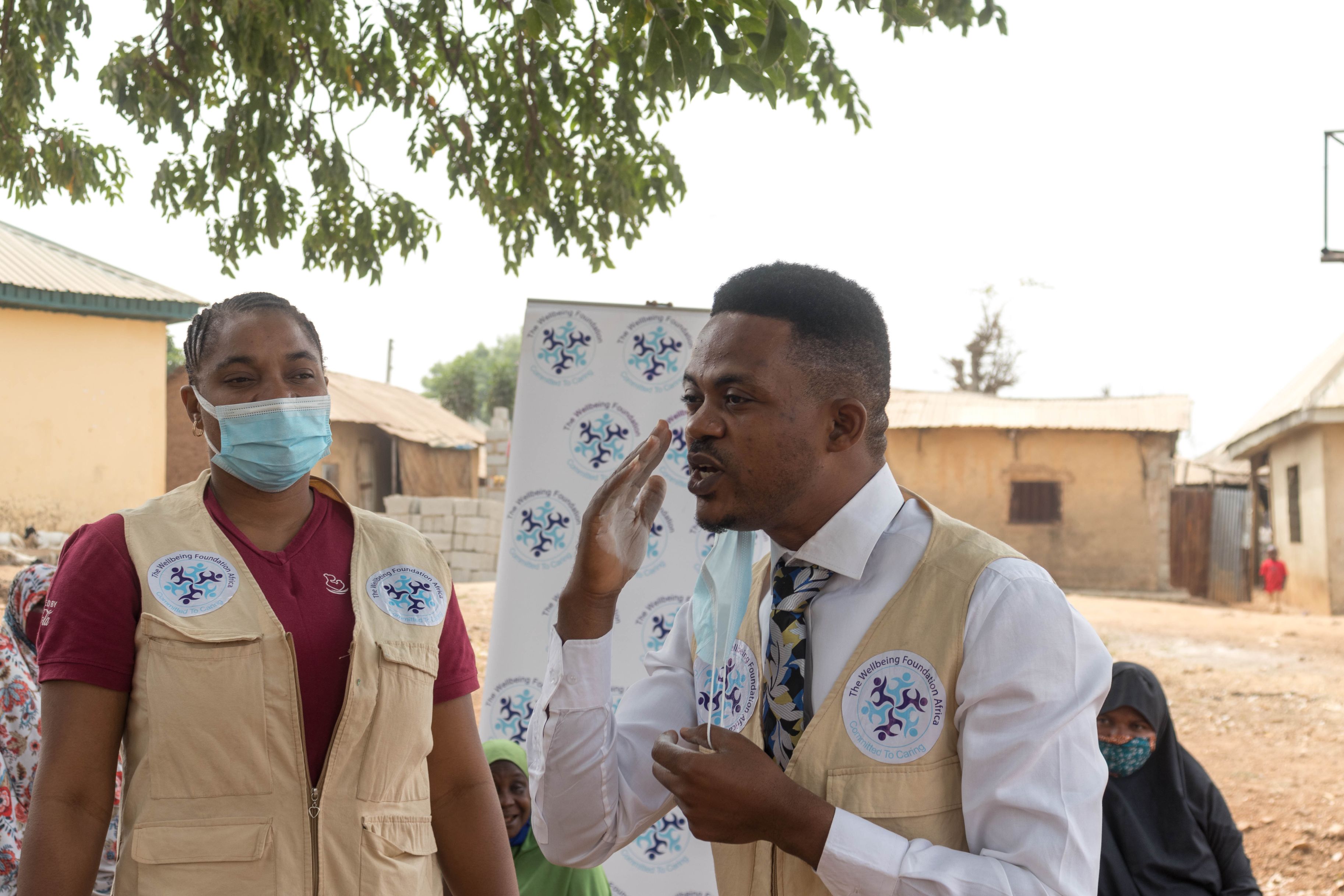
The initiative was conceptualized and is now being launched by WBFA offices across 5 states and the FCT with this sole purpose. To foster empowerment and build people’s capacity to exercise greater agency over their wellbeing. This is based on the belief that such authentic participation will provide the ownership that comes with shared responsibility in the production of knowledge and improvement of policies and social practices affecting the wellbeing of members of communities.
Taking action, on Tuesday morning, WBFA arrived the Kuchibiyi community to sensitise the Kuchibiyi WBFA Community Champions. The team met with both the WBFA Women Community Influencers group and the WBFA School Champions in the Kuchibiyi Primary School. The women discussed and learnt the benefits of handwashing and good sanitary practices which include preventing diarrhea and respiratory, skin and eye infections.
WBFA’s National Program Lead, Dr. Otun Adewale, and Lead-Midfwife Rita Momoh, demonstrated how germs are transmitted and also how to properly wash their hands. The women demonstrated back to themselves in the group to show what they had learnt.
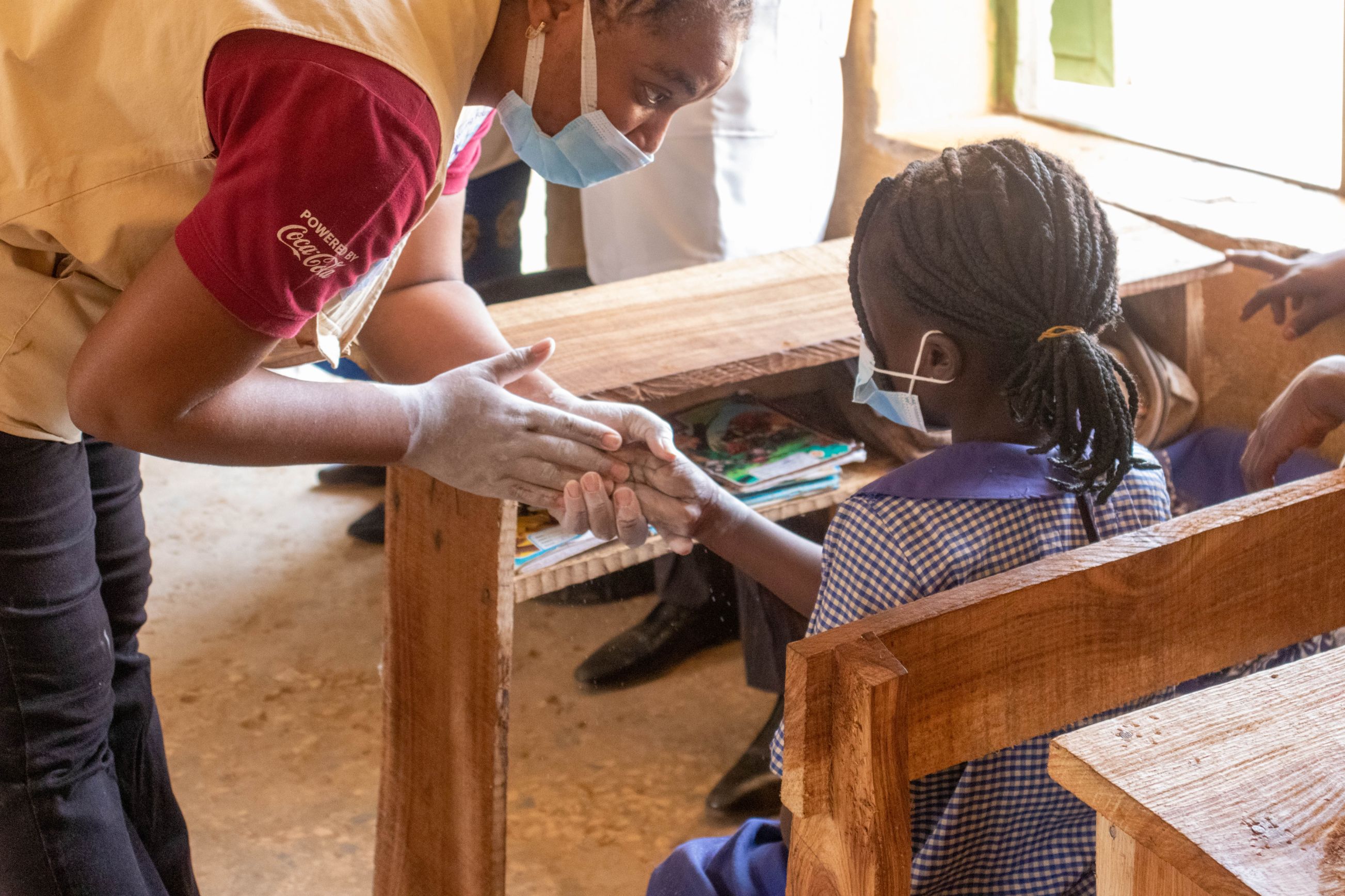
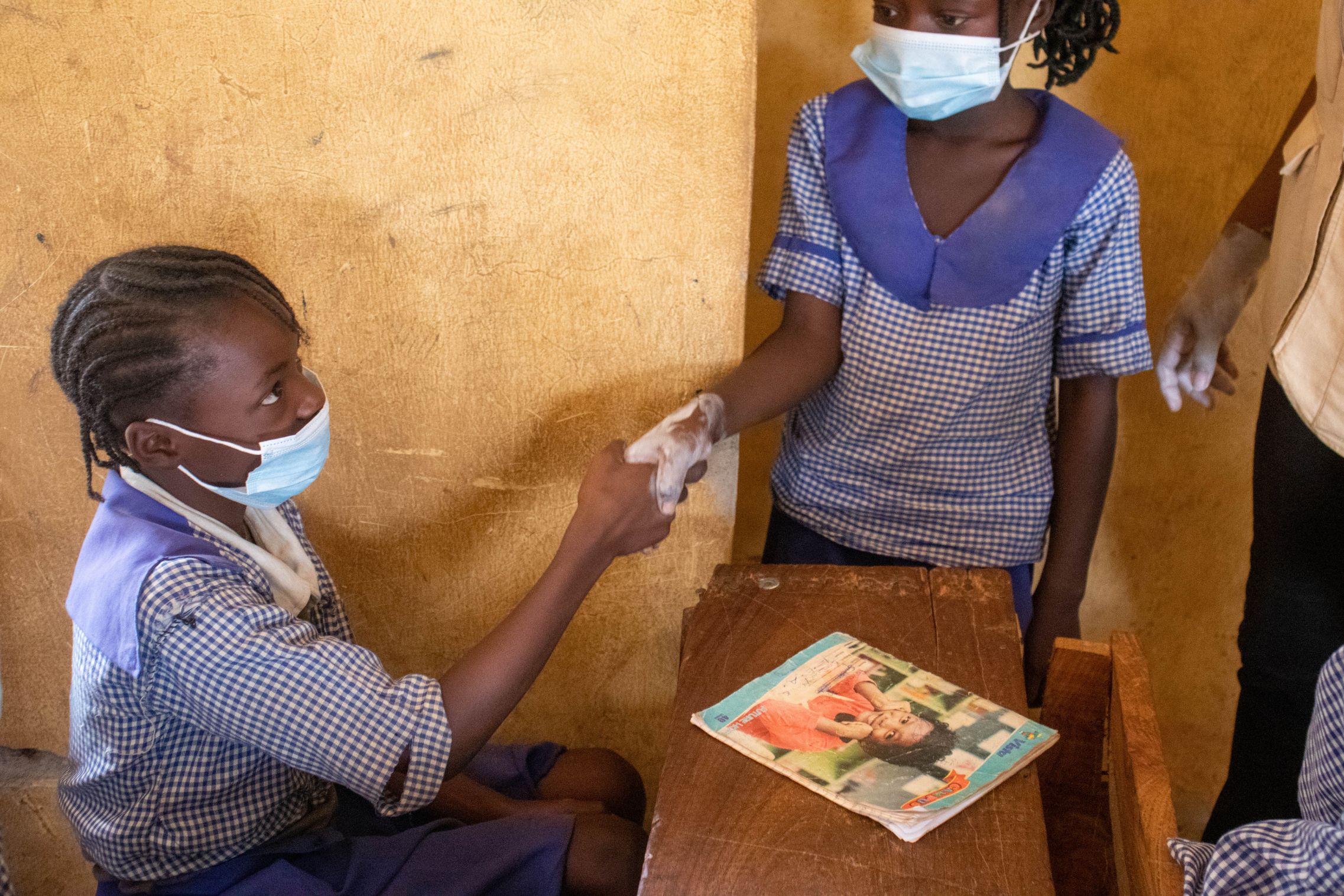
Shortly after, the team met with Primary 5 pupils of the Kuchibuyi Primary School, Abuja. WBFA distributed face masks and sanitisers to the school administration and the pupils who were taught how to wash their hands and when; how to cover their mouths when they coughed; and the benefits of maintaining social distancing. When asked to demonstrate what they had learnt, the children displayed impressive understanding of basic precautionary measures to prevent the spread of the COVID-19 pandemic.
Explaining the benefits of having these groups in 30 communities and 20 schools within the Federal Capital Territory in this pilot phase, Mrs Saraki said “We’re launching this initiative to identify and partner with Community champions, influencers and promoters to achieve the SGDs. Especially SDG 3, good health and wellbeing for all. These groups will be critical to all our community-level interventions with the hope that the influence of these leaders can help reduce poverty and discrimination in the communities.
“Due to their reduced level of income, social exclusion, their lack of professional skills and their limited access to and/or control over productive assets, women and children deserve all the support they can receive and have that support tailored to their most pressing needs. It is how to best design this support that we seek to learn from our primary stakeholders going forward. Of course, these groups will meet as often as they can, and their resolutions shared with us on a regular basis.
“The fact of the matter remains that for the effectiveness and sustainability of all global interventions, we must prioritize the ownership and empowerment of communities over external agents implementing programmes” Mrs Saraki said.
“Community participation and ownership of health-related interventions is key to seeing a sustained behavioural change a program is targeted at. To ensure catalytic change in the community, the women and adolescents, who are mostly neglected must be at the center of the strategic plans in ensuring good wellbeing of their lives. To this end, we are glad to launch this life-changing initiative in 30 communities across the 6 area councils of the FCT” Adewale said.
Share this Article
